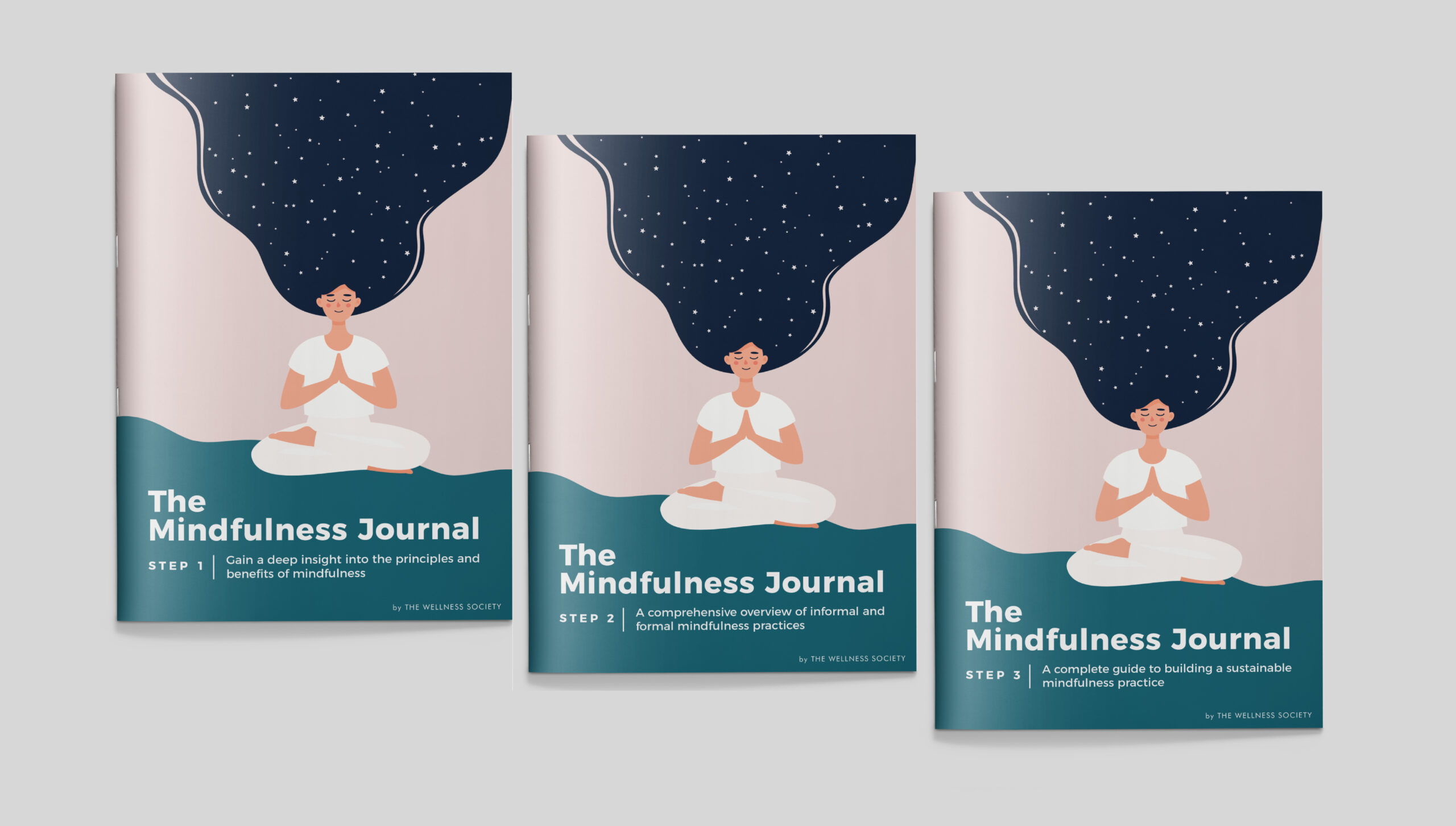
**Understanding the Weight of Pessimism and Stress: A Path to Mindfulness**
In the hustle of modern life, negativity and stress can easily ensnare you. For a significant time, I was unaware of how deeply pessimism and stress influenced my overall happiness. Eventually, I came to understand the burden I had been carrying was mostly self-imposed. Below, I’ll recount my journey and examine how mindfulness can profoundly impact overcoming these mental challenges.
### The Impact of Pessimism and Stress on Everyday Living
Pessimism can infiltrate nearly every facet of existence. Whether it’s pressure from work, academic demands, or personal responsibilities, it becomes all too easy to fall into a negativity bias as a default attitude. When overwhelmed by these pressures, it’s also highly tempting to dismiss any potential relief strategies as impractical or overly time-consuming.
I spent several years grappling with stress, believing it was simply a part of life that I had to endure. I thought that with sheer determination, I could push past the daily challenges. It’s astonishing how I justified not taking the time to properly address my feelings, thinking, “If I’m so busy, how can I afford to slow down?” In hindsight, I can see how misguided that perspective truly was.
### My Journey into Mindfulness
Interestingly, my increasing stress and feeling “weighed down” propelled me to delve into mindfulness. Initially, I was doubtful. As someone who is naturally pragmatic (and admittedly slightly pessimistic), the concept of mindfulness felt overly abstract—especially amidst a heavy workload. However, after observing the mounting evidence of its scientifically-backed benefits, I decided it was worthy of exploration.
What I discovered was that incorporating even brief moments of mindfulness into my daily routine led to a significant enhancement in my mental, emotional, and even physical well-being.
### Mindfulness Is Simple
A major insight from mindfulness was the realization that it doesn’t have to be a grand, time-consuming endeavor. There’s no need to set aside hours in perfect conditions with complete mental clarity. It can be as trivial as carving out five minutes in your hectic day to take deep breaths, ground yourself, and reset your thoughts.
Psychologist Joshua Felver once stated, “Mindfulness isn’t something that occurs spontaneously. It’s a skill learned over time with practice.” This statement resonates deeply. I didn’t need to devote extensive hours to meditation to reap its benefits. A straightforward ten-minute breathing exercise or a brief evening meditation dramatically aided my ability to feel more centered and present.
### How Mindfulness Transformed My Relationship With Time
Prior to embracing mindfulness, I frequently felt that time was escaping me—a relentless race I could not win. Work deadlines, personal responsibilities, and future aspirations instilled a constant sense of urgency and anxiety. Yet, mindfulness altered that viewpoint.
Fundamentally, mindfulness encourages you to acknowledge that your existence is confined to the current moment. It fosters clarity and appreciation for the now. Essentially, it removed me from “autopilot mode” and granted me the ability to consciously experience life as it unfolds rather than merely speeding through it.
Now, moments dedicated to deep breathing or tuning into a five-minute mindfulness podcast provide me the pause I need to re-center. Rather than being daunted by an uncertain future, mindfulness equips me with the skills to engage more intentionally in the present. I am not only more conscious of what’s immediately around me but also able to perceive life’s broader narrative with greater clarity.
### Discovering the Right Mindfulness Practice for You
The reality of mindfulness is that there isn’t a “one-size-fits-all” solution. Some individuals find meditation most beneficial; others incline toward yoga or journaling. Personally, I found a blend of practices—deep breathing, brief meditations, and yoga—to be advantageous in identifying what resonated with me.
For you, it may be something entirely different. Activities such as walking, creating art, or simply sitting quietly in a park can all function as mindful practices. There’s no incorrect approach. The important thing is to experiment and identify what centers *you* in the present.
### Gratitude Journaling: A Mindfulness Strategy
Within my exploration of mindfulness methods, gratitude journaling emerged as particularly impactful. It’s a potent tool: dedicating a few minutes each day to jot down three to five things for which you are thankful. This practice compels you to pause and acknowledge the positives—even amid overwhelming stress.
This simple act can gradually shift your mindset, training your brain to focus on positivity rather than succumbing to stress or negativity. Even during the most challenging days, gratitude journaling acts as a reminder that there are still delightful elements of life to cherish.
### Transitioning from Negativity to Gratitude